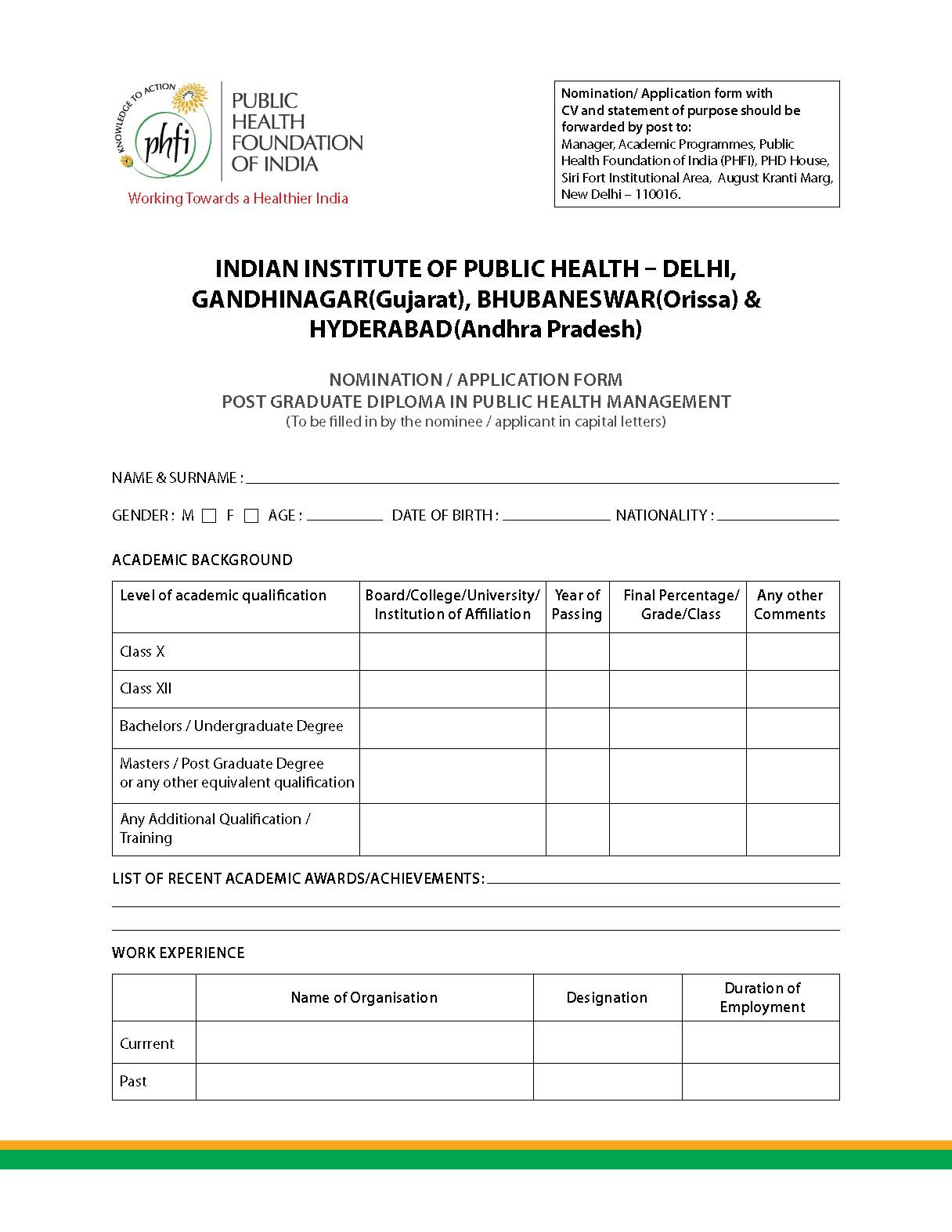Education through entrance tests: Excerpts from an interesting article by Profs. P. Jalote and A. Singh
Prof. Jalote is the Director of IIIT Delhi and is on leave from IIT Delhi. Previously he taught at IIT Kanpur and University of Maryland. Prof. Singh is a professor at Auburn University, Alabama. Both are alumni of IITs. Following are excerpts from their article in Economic Times.
… The difficulty of cracking these tests have led to the booming coaching industry — it seems the vast majority of students appearing in these exams undergo some form of coaching for them. This impact of coaching has been decried by many. In academic circles, it is a common complain that coaching is allowing even average students to crack the exams, and how exams ought to be changed so that deserving students can clear even without coaching.
It should be clearly understood that the success of coaching is not due to the nature of the exams, but due to the low acceptance ratio in these exams. With these low accept rates, it is irrelevant whether the nature of exam is such that coaching will help or not.
… Anybody who thinks that coaching can be made redundant by reforming the admission tests is living in a state of denial.
There is another aspect of coaching that deserves attention. Coaching is big business: by some accounts, coaching for IITs is bigger than IITs themselves in terms of turnover. Consequently, it is able to attract good teachers by offering high salaries. One hears about IIT/IIM grads teaching in these coaching institutes, but one cannot come across an IIT/IIM graduate as a teacher in a school — even elite schools do not have this distinction. So, in many coaching centres, the quality of education is superior to that of schools, particularly with respect to the entrance test subjects. As the business success depends on how well they help the students do in the entrance exams, their teaching, as measured with respect to success in these exams, continues to improve and they take great care to improve it.
So, we have the following situation. Coaching institutes will continue to thrive as long as the accept ratio remains small. And coaching business will ensure that its teachers and teaching processes are well-equipped to impart training to students to do better at the competitive exam.
This situation, undesirable thought it is, can, however, be converted into an opportunity to improve education. As coaching institutes focus on the entrance tests and the syllabus for them, it provides a power to these exams in that whatever they put as syllabus or as expected knowledge, the coaching institutes will ensure that students get good at that. Even for those students who do not undergo coaching, these exams are highly influential — students learn/ study for these exams with a mission and dedication that they don’t show for anything else.
IF THESE large exams were to be oriented such that preparation for them will make the foundations for the key subjects much stronger and will force the students to really understand the subjects better, the coaching industry will ensure that this knowledge is imparted to students. That is, the syllabus and expectation is potentially a strong force on what students learn in the 2-3 years they prepare for the entrance exams, through coaching or on their own.
If this learning can be strengthened, then even if the students do not get through in these exams — which the vast majority will not — the preparation for them will give them strong foundations in some key subjects. This can be leveraged by other institutions.
… So, instead of fighting coaching by making exams like JEE harder and more theoretical every year, such large exams can leverage the competition for the larger good of improving the education and preparedness of students.
If these exams are thought of as a potential tool in the armory of the country for fighting the poor education standards, rather than just for admitting students into these institutes, then they can favourably impact the lakhs of students who attend JEE, and not just of the selected few thousands who actually enter the IITs, whose skills will be upgraded anyway to top levels by the top quality education that they will be provided. By doing so, institutions like the IITs and the entrance exams they have, will be making a solid contribution to improving the workforce in the country , as they have done in creating the top-level manpower.
I agree with the main point in the above mentioned article. Earlier I wrote my views on coaching at https://www.orissalinks.com/archives/4178.
However, there is an issue with respect to many students not being able to afford coaching. Couple of things that the governments may do are:
- Provide coaching in some government schools such as Navodaya Vidyalayas.
- Provide other avenues for good coaching such as attempts to replicate the Super 30 in Bihar by other governments.
- Bring coaching classes and the +2 level under the ambit of RTE and require that certain percentage of the students there are from poorer background.
- Provide scholarships to poor students to be able to afford good coaching.
2 comments May 16th, 2010

